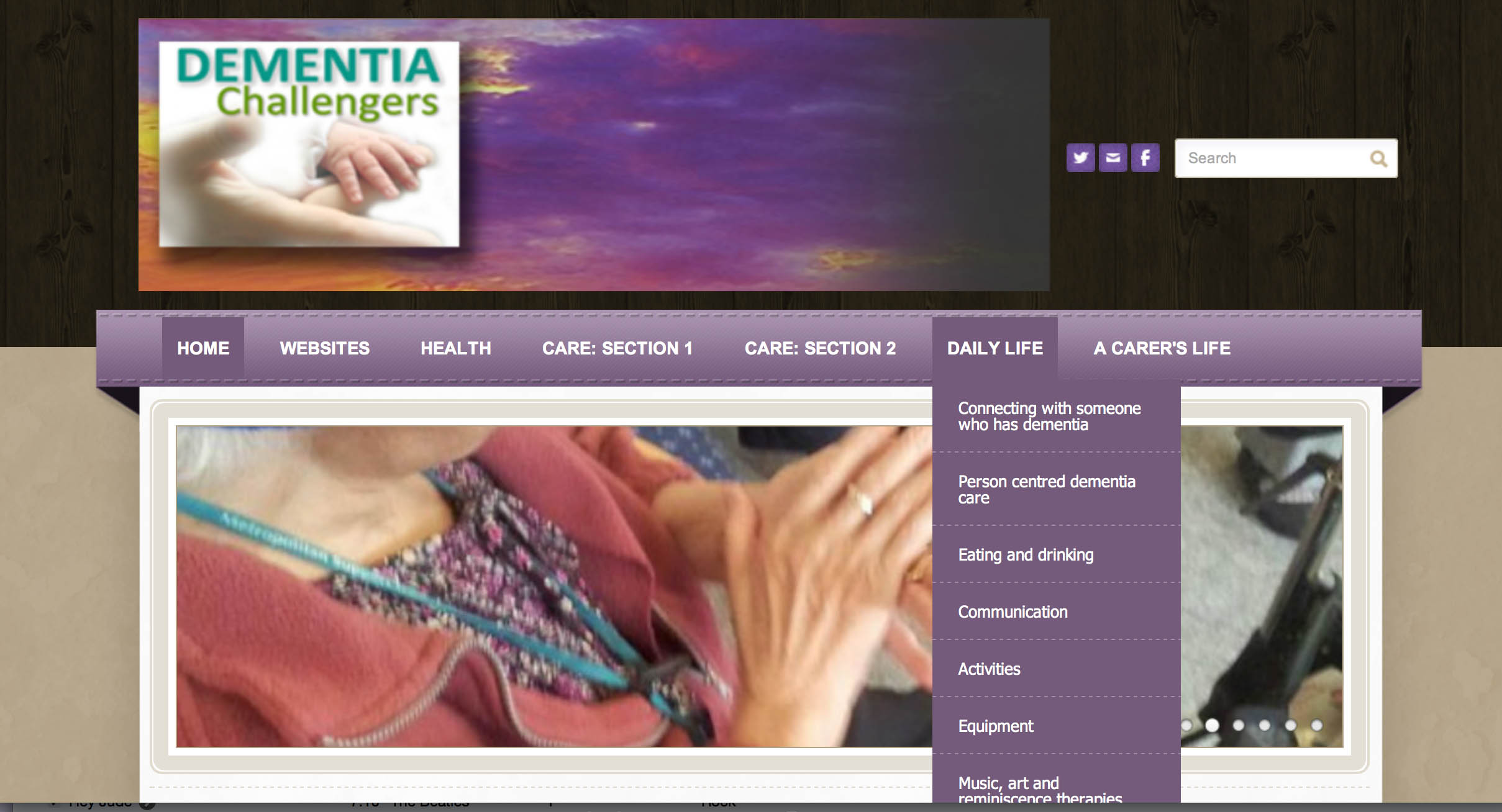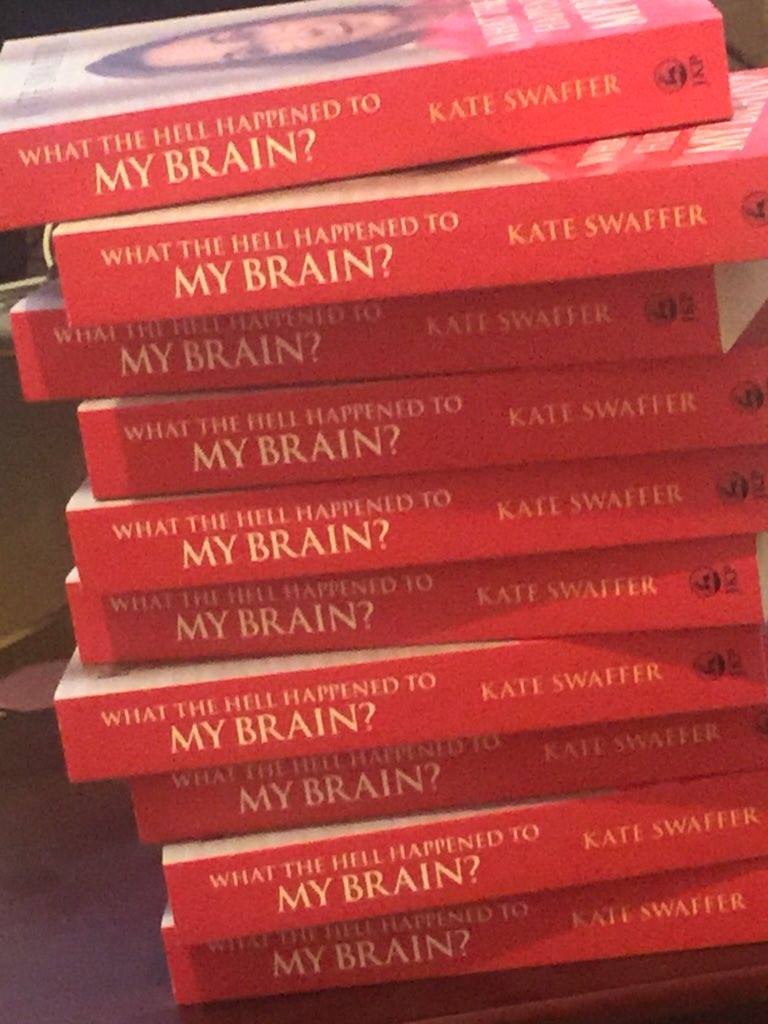There is a debate – yet to reach proper fruition – on the extent to which individuals can ‘maintain and manage their own health’, and that healthy living is not always an individualised, purely rational process of information-seeking and correct choices that result in improved health and independence (Henwood, Harris and Spoel, 2011).
Living well with dementia nonetheless appears to involve supporting individuals in making decisions appropriate for them, and these are decisions which directly affect their care and support. However, as a result of the dementia itself, a person’s mental capacity can change, and the nature of this decision-making process will change, with carers involved in reviewing the needs and preferences of individuals with dementia as their circumstances change. Whilst the focus of this book is not legal, and certainly an intention of this book is not to give any medical or legal advice, this chapter introduces the very important issue of independent advocacy services, as access-to-justice is an important feature of all civilised societies.
A key to making informed decisions is having full, accurate information.
However, the information can be incredibly overwhelming. Lee (@dragonmisery) decided to organise this information for carers in an organised way. Her impressive website, “Dementia challengers: Signposting carers to online resources” (http://www.dementiachallengers.com), is a great place for information about dementia, and this website contains information specifically for carers. Clearly, accurate and complete information such as on this website is essential for individuals with dementia and their immediates to be able to exercise control and choice properly in negotiating access to resources.

A previous policy document, “Putting People First: A shared vision and commitment to the transformation of Adult Social Care”, amongst others, had made a close link between person-centred care and ‘choice and control’.
Ensuring older people, people with chronic conditions, disabled people and people with mental health problems have the best possible quality of life and the equality of independent living is fundamental to a socially just society. For many, social care is the support which helps to make this a reality and may either be the only non-family intervention or one element of a wider support package. The time has now come to build on best practice and replace paternalistic, reactive care of variable quality with a mainstream system focussed on prevention, early intervention, enablement, and high quality personally tailored services. In the future, we want people to have maximum choice, control and power over the support services they receive.
Lee is specifically mentioned by Anna Hepburn (@AnnaHepburnDH), Digital Communications Manager for Social Care, in an article entitled ‘Digital engagement on dementia’ on the Department of Health website.
As one of the #dementiachallengers, Lee (@dragonmisery) has set up the Dementia Challengers site to signpost online resources for people caring for someone with dementia. Nothing demonstrates better how the Dementia Challenge is more than a government initiative – and how it has its own digital life – than people who care about dementia creating their own digital community and helping others.
Anna Hepburn in her online article from 16th April 2013 then explains how this is consistent with the wider ‘digital strategy’ from the Department of Health (and other Government departments):
Digital isn’t just about publishing anymore. The Department of Health (DH) digital team certainly knows that, but there are plenty of people within the department – and across government – still to be convinced of the wider benefits of digital, or uneasy about new ways of working.
Tapping into this community provides a great opportunity for policy colleagues to engage with people with day-to-day experience of living, caring or working with dementia. I’ve learnt a great deal from them myself and now I want to find ways of extending those benefits to the dementia policy team. So this is the next step, to fulfil some of the central aims of the DH digital strategy – embedding digital processes in the way we work, giving policy colleagues the tools and confidence to engage digitally, and helping them identify the most appropriate digital tools and techniques for each stage of the policy cycle. And I’ll continue to try out new digital ways of opening up our work, such as the live blog from the Dementia Village, which helped extend the reach of the event.
Stephen Hale (@hmshale) is the ‘Head of Digital’ for UK Department of Health. The emphasis on open policymaking by the Department of Health is a welcome aspect of its digital strategy (Strategy). It is through this Strategy that the Department of Health have committed to using digital tools and techniques to improve upon an open policymaking process. The five stages are:
Stage 1: Shaping the policy product
Stage 2: Engaging stakeholders
Stage 3: Building robust analysis and evaluation
Stage 4: Finding practical solutions and enabling delivery
In the business sector, Gomes-Casseres (1996), in a very famous work called, “The Alliance Revolution: the new shape of business rivalry” has advanced the thesis of constructing networks actively to seek out and incorporate external knowledge into the innovative processes of businesses. Social networks play an important role in the sourcing and sharing of information, ideas, and knowledge, particularly where they span functional, divisional, and organisational boundaries. However, social networks are dynamic, personal, and unrecorded, and, as a result, they are difficult to manage and direct. Organisational networks also play an important role in the innovation process; they are flexible, enabling network members to reposition themselves more speedily in response to changes in technology and market. They also bring together distributed resources, knowledge, and competences.
The open innovation paradigm for firms, pioneered by Henry Chesbrough (2003), can be interpreted going beyond just using external sources of innovation such as customers, rival companies, and academic institutions, and can be as much a change in the use, management, and employment of intellectual property as it is in the technical and research driven generation of intellectual property. There are clear lessons to be learnt in the development of policy about dementia in a way that includes opinions of all stakeholders, not just the usual ones.
Useful readings
Chesbrough, H.W. (2003) Open Innovation: The new imperative for creating and profiting from technology, Boston: Harvard Business School Press.
Department of Health (2012) Department of Health Digital Strategy [20th December], available at: http://hale.dh.gov.uk/2012/12/20/the-dh-digital-strategy/.
Gomes-Casseres, B. (1996) The Alliance Revolution, The New Shape of Business Rivalry, Cambridge, MA: Harvard University Press.
Henwood, F, Harris, R, and Spoel, P. (2011) Informing health? Negotiating the logics of choice and care in everyday practices of healthy living, Social Health & Medicine, 72, 2026-2032.
Hepburn, A. (2013) Digital engagement on dementia. [16th April], available at: http://digitalhealth.dh.gov.uk/digital-engagement-on-dementia/
UK Government/LGA/ADASS/NHS (2007) Putting People First: A shared vision and commitment to the transformation of Adult Social Care, London: Her Majesty’s Stationery Office, available at: http://www.cpa.org.uk/cpa/putting_people_first.pdf.




